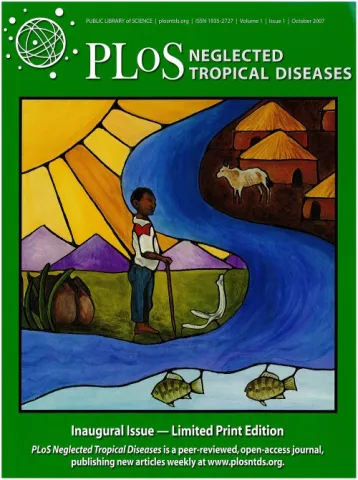The Vicious Worm education tool improves the knowledge of community health workers on Taenia solium cysticercosis in Rwanda

Abstract
The pork tapeworm Taenia solium causes human taeniasis and cysticercosis when ingested as viable cysts and eggs, respectively. Despite its high health burden in low-income countries, knowledge of the parasite in endemic areas such as Rwanda is often limited. Here, we assess whether The Vicious Worm education software can increase knowledge in endemic areas of Rwanda. A cross-sectional mixed-methods study was conducted to evaluate knowledge about T. solium among community health workers trained using the Vicious Worm education software. Knowledge was assessed before, immediately after, and four weeks after the training. The health workers perceptions of the software were analysed thematically. A total of 207 community health workers were recruited from Nyamagabe district in Southern Province, Rwanda. Participants were composed of males (33.5%) and females (66.5%), aged between 22 and 68 years, and most (71%) had only completed primary education. Knowledge of cysticercosis at baseline was low, particularly knowledge of human cysticercosis and neurocysticercosis. The overall knowledge score increased significantly after training and was maintained four weeks after the training. Overall, insufficient knowledge was associated with neurocysticercosis-related questions, which after the training, remained relatively lower compared to questions of other categories. Participants reported the software to be user-friendly and educational. Digital illiteracy and the lack of smartphones were among the critical challenges highlighted in responses. This study has shown gaps in knowledge regarding T. solium infections within rural Rwanda, particularly neurocysticercosis. Health education using the Vicious Worm education software should be considered in integrated control programs.
